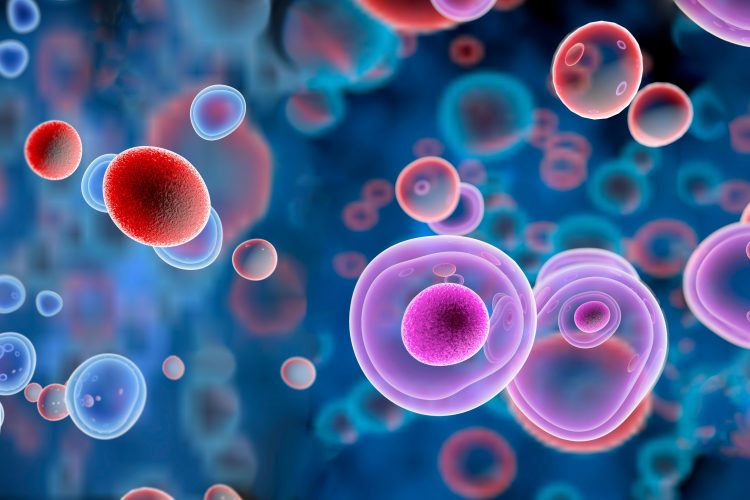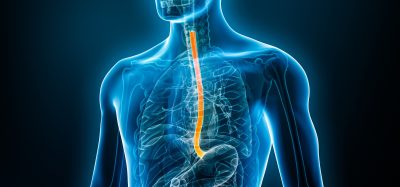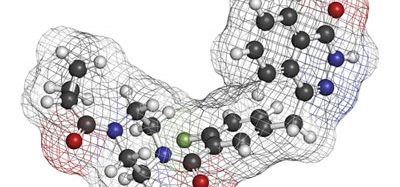Fuelling immunity: glucose helps T cells fight cancer better
Posted: 8 August 2025 | Drug Target Review | No comments yet
A new study from the Van Andel Institute shows that glucose not only fuels T cells but also strengthens their internal signalling and cancer-fighting capabilities –offering a potential route to improved immunotherapies.


For infection and cancer-fighting T cells, glucose is more than just a fuel source. New research from the Van Andel Institute has demonstrated that this essential sugar helps T cells communicate internally and strengthens their ability to attack cancer – offering new insights that could improve immunotherapy strategies.
The study, published in Cell Metabolism, highlights the previously undervalued role of glucose in powering the immune system.
More than energy: glucose as a building block
“Immune cells are highly influenced by their environment,” said Dr Joseph Longo, the study’s first author and a postdoctoral fellow in the lab of Dr Russell Jones. “We knew that T cells need access to glucose to function, but we didn’t know exactly why. It was previously thought that T cells mainly break down glucose for energy, but our new work shows that T cells use glucose as a building block for other molecules that are necessary to support T cells’ anti-cancer properties.”
Instead of merely fuelling T cells with energy, glucose is channelled into constructing important compounds known as glycosphingolipids (GSLs) – molecules made of sugars and fats. These compounds are critical for T cell growth and for the formation of proteins that enable T cells to identify and destroy cancer cells.
Lipid rafts: the command centres of T cells
GSLs perform a key role in forming lipid rafts – specialised fat-rich domains on the surface of T cells. These lipid rafts serve as hubs where signalling proteins gather and coordinate the cell’s cancer-killing activities.
Without sufficient GSLs, these lipid rafts become disorganised, weakening the signalling processes that instruct T cells to eliminate tumours. The result means that T cells are less effective at their jobs.
Nutrient knowledge for smarter immunotherapy
“Both T cells and cancer cells leverage different nutrients to support varying aspects of their function,” said Dr Russell Jones, senior author of the study. “The more we know about these different fuel sources, the better we can support T cells’ innate cancer-fighting abilities while also developing ways to possibly make cancer cells more vulnerable to immune attack.”
This discovery enhances the efficacy of T cell-based cancer therapies by strategically manipulating the nutrients in their environment – especially glucose. As more research continues to look into the delicate connection between nutrients and immune function, these insights will be crucial for designing smarter, more effective cancer treatments.
Related topics
Cancer research, Immunotherapy, Lipids, T cells, Translational Science
Related conditions
Cancer
Related organisations
Van Andel Institute








